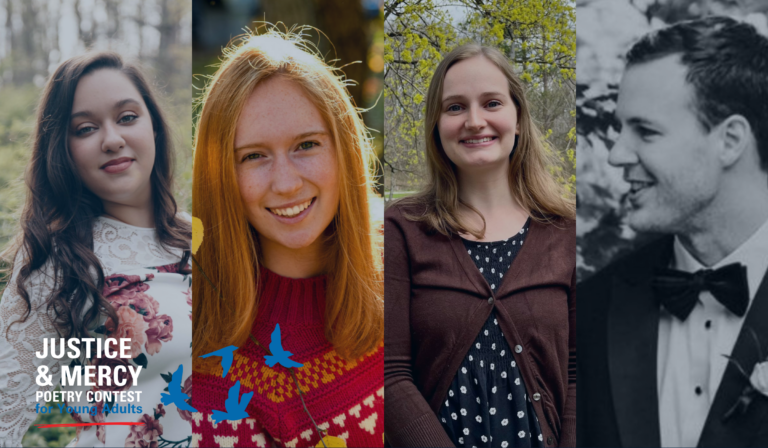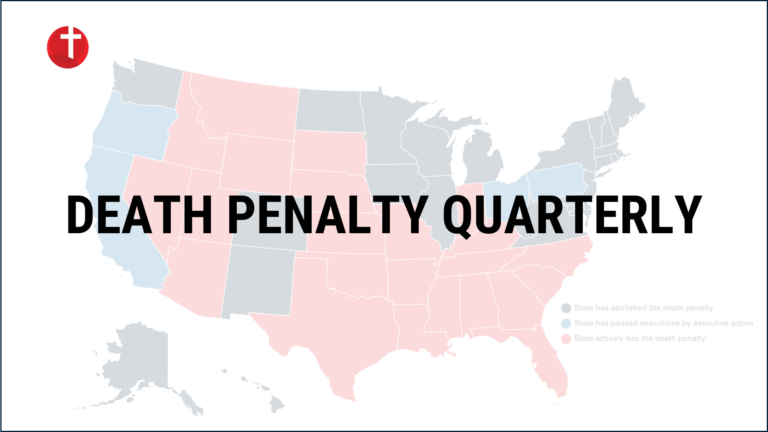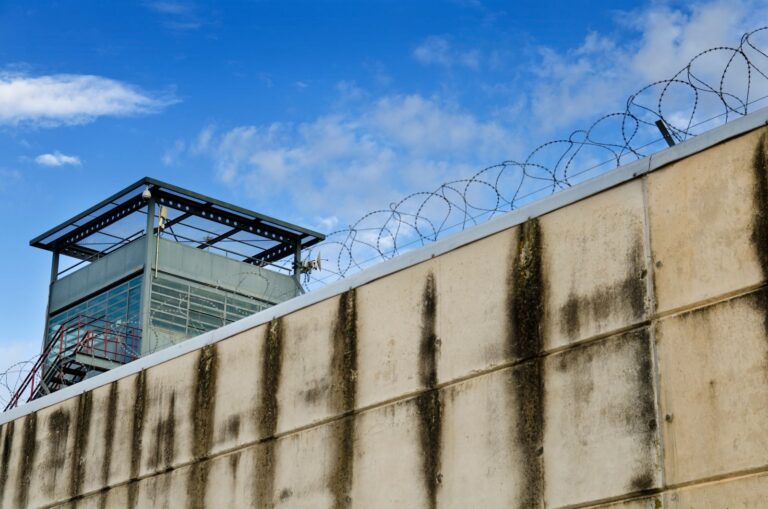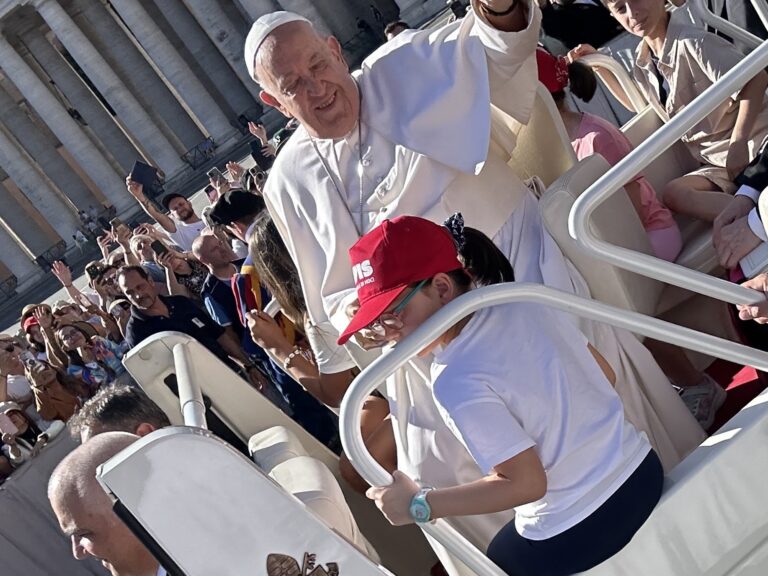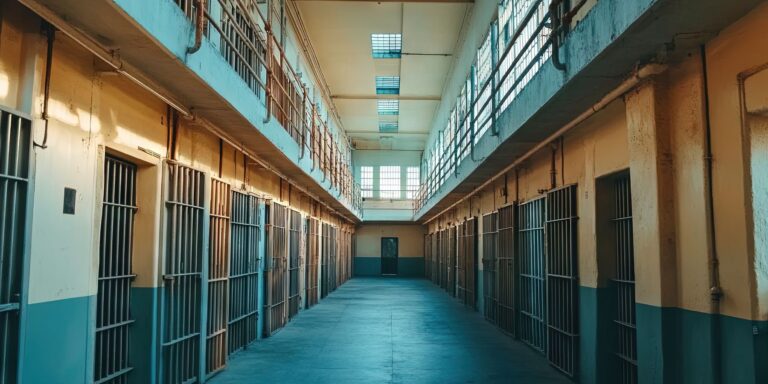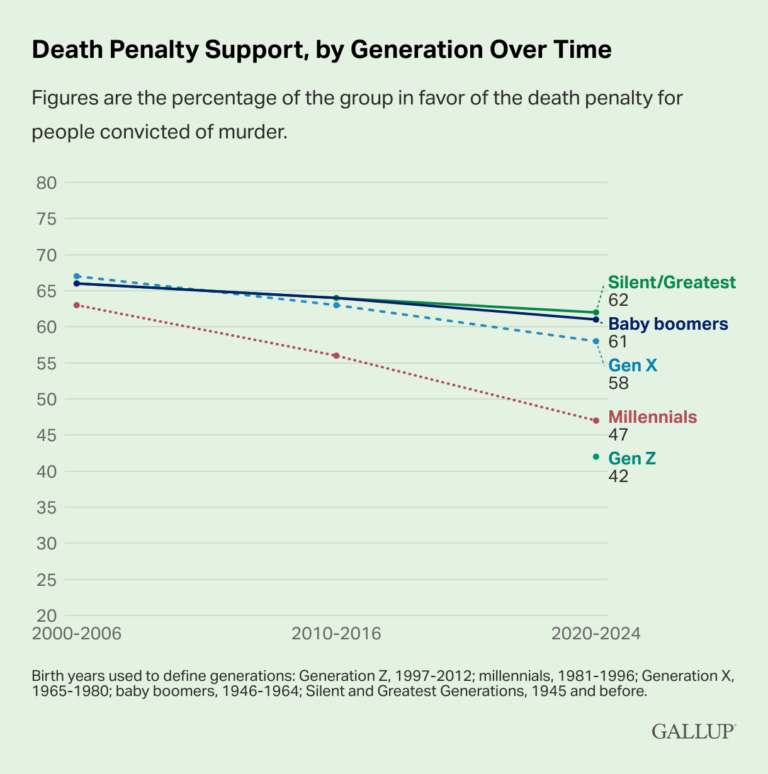News
-
CMN Announces Winners of 2025 Justice & Mercy Poetry Contest
Dozens of young adults ages 18-39 from all across the country entered poems in Catholic Mobilizing Network’s 2025 Justice &…
-
Pope Francis dies at the age of 88
On April 21, Monday in the Octave of Easter, the Holy Father Pope Francis died at the age of 88.…
-
Death Penalty Quarterly | April 2025
The decades-long movement to end the death penalty has experienced ebbs and flows — moments of progress and moments of…
-
March 2025 Experiences Fast Pace of Executions
At the onset of March 2025, seven executions were scheduled, many of them with short notice. Five of those executions…
-
Death Penalty Quarterly | January 2025
At the onset of 2025, we look back at the past year in celebration of the hope brought by recent…
-
Pope Francis’ Message for the World Day of Peace 2025
The 58th World Day of Peace will be celebrated on January 1, 2025. Each year, the Holy Father marks this…
-
President Biden Commutes 37 Federal Death Sentences
In a historic move, President Joseph Biden announced in the early morning on December 23, 2024 that he commuted the…
-
Summary: Death Penalty Information Center Year-End report demonstrates death sentences and executions remain near historic lows
December 19, 2024 | A new report by the Death Penalty Information Center demonstrates that death sentences and executions remain…
-
CMN Board Chair and Executive Director send Letter to President Biden
President Joe Biden could save the lives of all 40 men on the federal death row. Catholic Mobilizing Network is…
-
Summary: Gallup Reports Drop in Death Penalty Support Led by Younger Generations
A recent analysis of aggregated data from Gallup’s annual Crime survey demonstrates that public support for the death penalty has…

